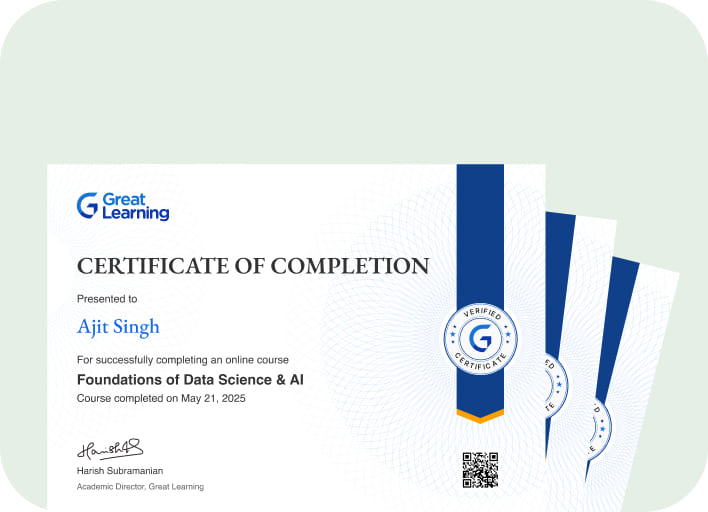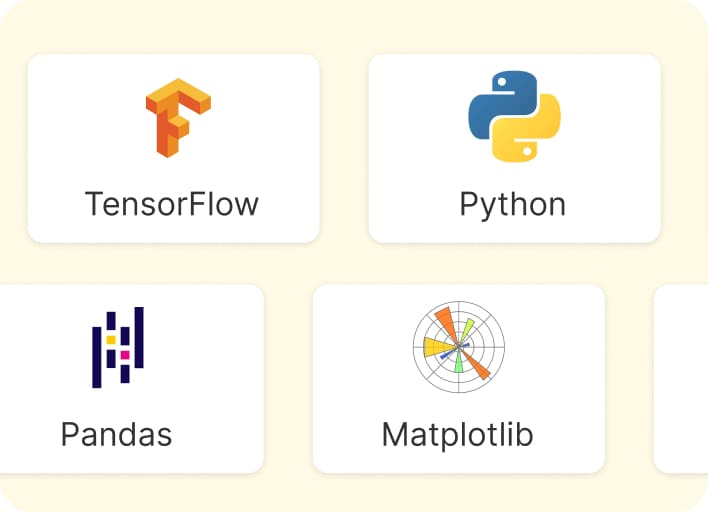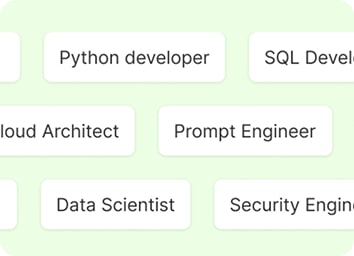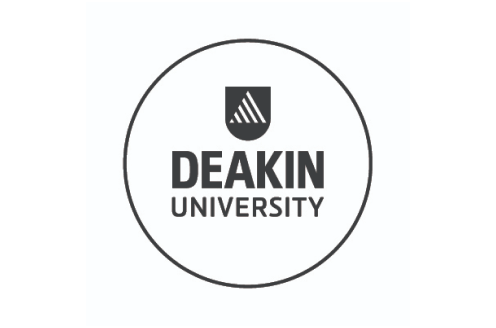Earn a certificate & get recognized
Data Science Interview Questions and Answers
Learn to excel in data science interviews with our free course on Data Science Interview Questions and Answers. Covering statistics, regression, and Naïve Bayes theorem. Boost your knowledge in data science with this free course.
Level
Learning hours

Learners
Skills you will learn
About this Course
Data Science is among the leading and most popular technologies in the world today. Major organizations are hiring professionals in this field. With the high demand and low availability of these professionals, Data Scientists are among the highest-paid IT professionals. If you're moving down the path to becoming a data scientist, this course will help you to be prepared to impress prospective employers with your knowledge. In addition to explaining why data science is so important, you'll need to show that you're technically proficient with Big Data concepts, frameworks, and applications. In this course, we have included some of the most popular data science interview questions you can expect to face in your interview.
Course Outline
Statistical Concepts
In this section, you will learn about the statistical concepts of data science which include probability, regression, and statistical inference. You will get a document summary of these concepts in this module.
Regression
The next module will cover forward, and stepwise regressions as well as the types of simple and multiple regression. Later on, the tutor will cover some interview questions and answers on the topic RMSE, R squared in statistics, machine learning, applications of linear regression, and other variety of topics that revolve around linear regression. There will be 20 important interview questions covered in this module.
Logistic Regression
This section explains logistic regression, its advantages and disadvantages, concordance, and difference between logit and logistic regression. Later you will understand the term error, collinearity, predictive modelling, and the importance of logistic regression. You will also understand to evaluate a logistic regression model.
Support Vector Machine
Know about Support Vector Machines and their real-life applications in this module. The tutor also covers the questions that ask for the advantages, disadvantages, and comparison of SVM with other vector machines. Later, you will understand multi-class SVM methods, learning algorithms, SVR Rank, and linear classifiers of SVM.
Naive Bayes
This module covers the most common interview questions on the Naïve Bayes algorithm such as its definition, the meaning of naïve in Naïve Bayes, its advantages, and comparison with other theorems. You will also understand its real-world applications, decision trees, and its relation with logistic regression.
Decision Tree
This section discusses a well-known method of supervised learning which is the Decision Tree. You will also understand the advantages of using a decision tree. Later on, the tutor will cover some important questions based on regression in decision trees, random forest algorithms, gradient-boosted decision trees, unbalanced data, and tools used to draw decision trees.
Gradient boosting and Random Forest
In the last module, the tutor will cover Gradient Boosting and Random Forest in detail. Here, some of the selected interview questions include the advantages/disadvantages of gradient boosting over random forests, layman’s explanation of these terms, and some general questions on random forest and gradient boosting.
What our learners enjoyed the most
Frequently Asked Questions
What are the prerequisites to learning this Data Science Interview Questions and Answers course?
The course is designed in such a way that anyone can learn and understand the concepts taught in this course. However, the ideal learners of this course are the one who already has knowledge of Data Science and looking for jobs and preparing content for the interviews. So, it will be a plus point if you have a good knowledge of data science to start this course.
What are my next learning options after this course?
After you complete this course, you will get familiarized with the sure-shot questions and answers that are asked in a Data Science interview. So what you can do after this course starts applying for jobs in this field and giving interviews. The more you learn from practical interviews will increase your chances of being hired as a Data Scientist role. Otherwise, if you still need more information and learn content from Python, then you can refer to PG courses provided by Great Learning that can help you advance your skills.
How long does it take to complete this free Data Science Interview Questions and Answers course?
The course contains video content whose total duration is around 1.5 hours. So, the content of this course is self-learning videos that you can finish at your own comfort.
Will I have lifetime access to this free Data Science Interview Questions and Answers online course?
Yes, the course doesn’t expire even if you have finished the course. You can go back to the course dashboard and start learning as multiple times as you want.
Why is it essential to learn Data Science?
Data science is essential because it allows individuals and organizations to extract valuable insights and make data-driven decisions from large and complex data sets. It is a rapidly growing field with a wide range of applications, including business, healthcare, finance, and technology. Additionally, data science skills are in high demand and can lead to job opportunities with competitive salaries.
Why is Data Science so popular?
Data science has become increasingly popular in recent years due to the growing amount of data being generated in almost every industry. The ability to collect, process and analyze large amounts of data enables organizations to make more informed decisions, improve operations, and gain a competitive advantage. Additionally, the use of machine learning and artificial intelligence in data science allows for the automation of many tasks and the discovery of patterns and insights that would be difficult or impossible to find manually. Furthermore, the demand for data scientists has also risen as more and more companies are realizing the value that data science can bring to their business. This drives the popularity of data science as a career choice as well.
What jobs demand that you learn Data Science?
There are many jobs that demand knowledge of data science. Some examples include:
- Data Scientist: A data scientist uses statistical and programming skills to extract insights from data, often using machine learning algorithms.
- Business Intelligence Analyst: A business intelligence analyst uses data to inform business decisions and strategies.
- Data Engineer: A data engineer designs, builds, and maintains the systems and infrastructure that collect, store, and process large data sets.
- Machine Learning Engineer: A machine learning engineer designs, develops and deploys machine learning models for a wide range of applications.
- Data Analyst: A data analyst uses data to generate insights and inform decisions.
Will I get a certificate after completing this Data Science Interview Questions and Answers course?
Finishing all the segments of the course will result in the learner being awarded a certificate of completion.
What knowledge and skills will I gain upon completing this free Data Science Interview Questions and Answers course?
Upon completing this free data science interview questions and answers course, you will gain a deeper understanding of the most common data science interview questions, and the skills necessary to answer them effectively. You will learn how to present your knowledge and experience, and develop the ability to think critically and problem-solving. You will also gain a better understanding of the key concepts and tools used in data science, such as machine learning, statistics, and programming.
How much does this Introduction to Data Science Interview Questions and Answers cost?
This course on Data Science Interview Questions and Answers comes at no expense to the learner.
Is there a limit on how many times I can take this free Data Science Interview Questions and Answers course?
There is no cap on the number of times one can take the course, learners can return to the course material and learn at their own pace without any hassle.
What are the steps to enroll in this free Data Science Interview Questions and Answers course?
To enrol in this free course, follow these simple steps:
- Visit the Great Learning Academy website by clicking the link: https://www.mygreatlearning.com/academy
- Search for "Data Science Interview Questions and Answers" in the website search bar.
- Select the desired course from the search results.
- Sign up for the Great Learning Academy by providing the necessary information, and then you can easily enroll in the course.
- Find the enrolled course by going to your account dashboard.
Can I sign up for multiple courses from Great Learning Academy at the same time?
Absolutely, you can sign up for multiple courses at the same time from Great Learning Academy without any issue. It's a large platform that offers a wide range of courses in various domains and enrolling in them is easy and hassle-free.
Why choose Great Learning Academy for this free Data Science Interview Questions and Answers course?
The Great Learning Academy offers a comprehensive and free online course on Data Science Interview Questions and Answers. This course is designed to be accessible to all and features self-paced videos that offer a thorough understanding of different topics, equipping learners with the necessary skills to ace a Data Science interview. Whether you are a beginner or an experienced professional, this course has been crafted to benefit everyone.
- The Great Learning Academy is a leading platform that has gained recognition globally for its commitment to building competent professionals. To further this goal, Great Learning created the Academy, offering free, on-demand courses that help individuals expand their knowledge and skill set.
Who is eligible to take this Data Science Interview Questions and Answers course?
Any enthusiast in Data Science can enrol in this course and start preparing with the most important interview questions and answers of Data Science.













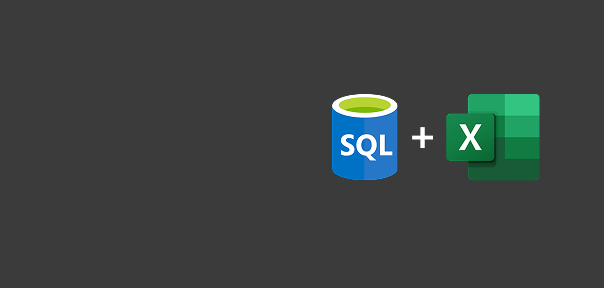



.jpg)



.jpg)
.png)

.png)
.png)
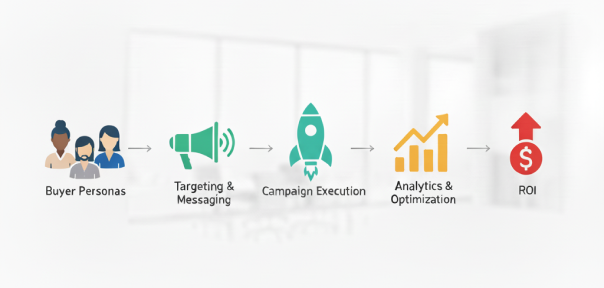
.jpeg)
.jpg)

.png)
.png)
.png)
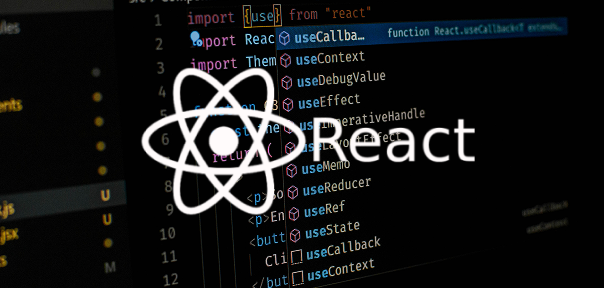
.png)
.png)







.png)
.png)
.png)
.png)


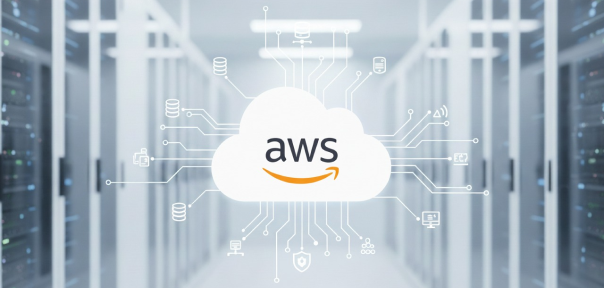
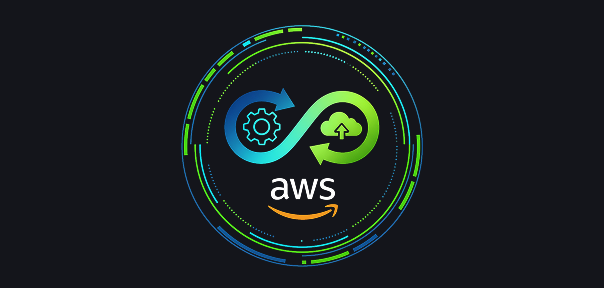
.png)
.jpg)
.jpg)

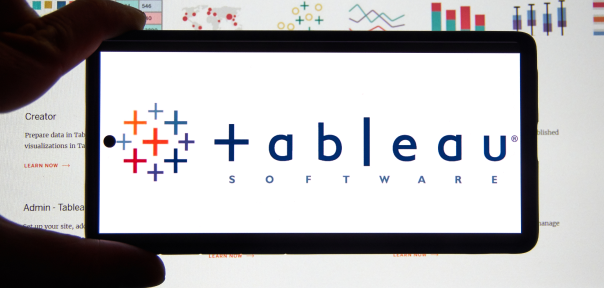
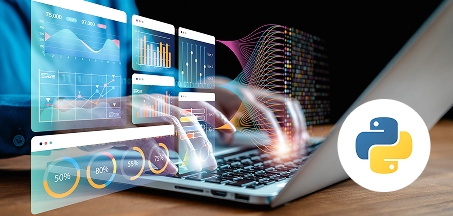
.png)
.jpg)


 (1).jpg)
.png)
.png)

.png)
.jpg)



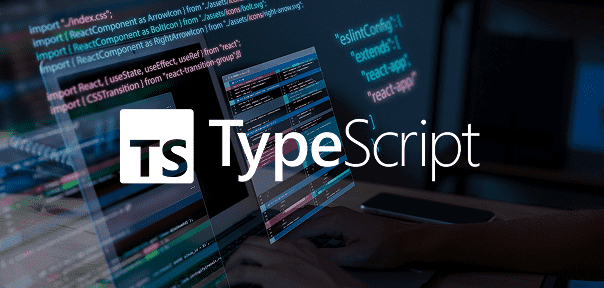

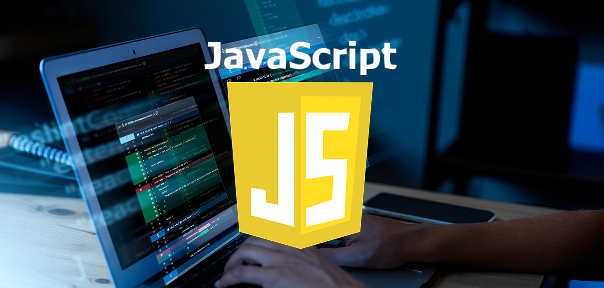


 (1).png)

.png)
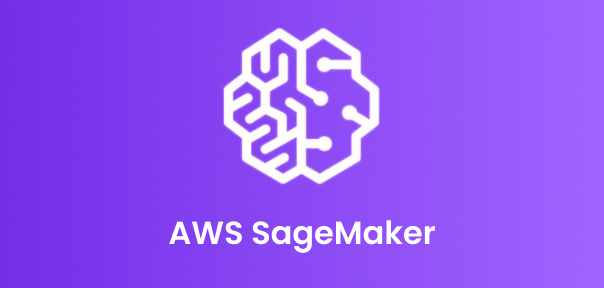
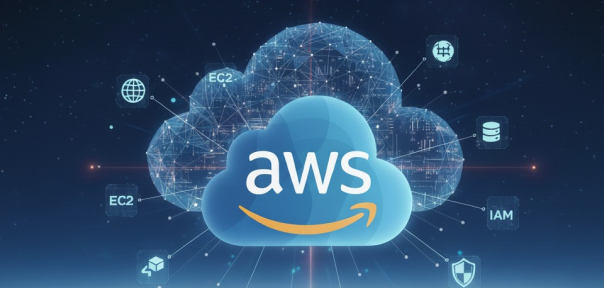
.png)
.png)

